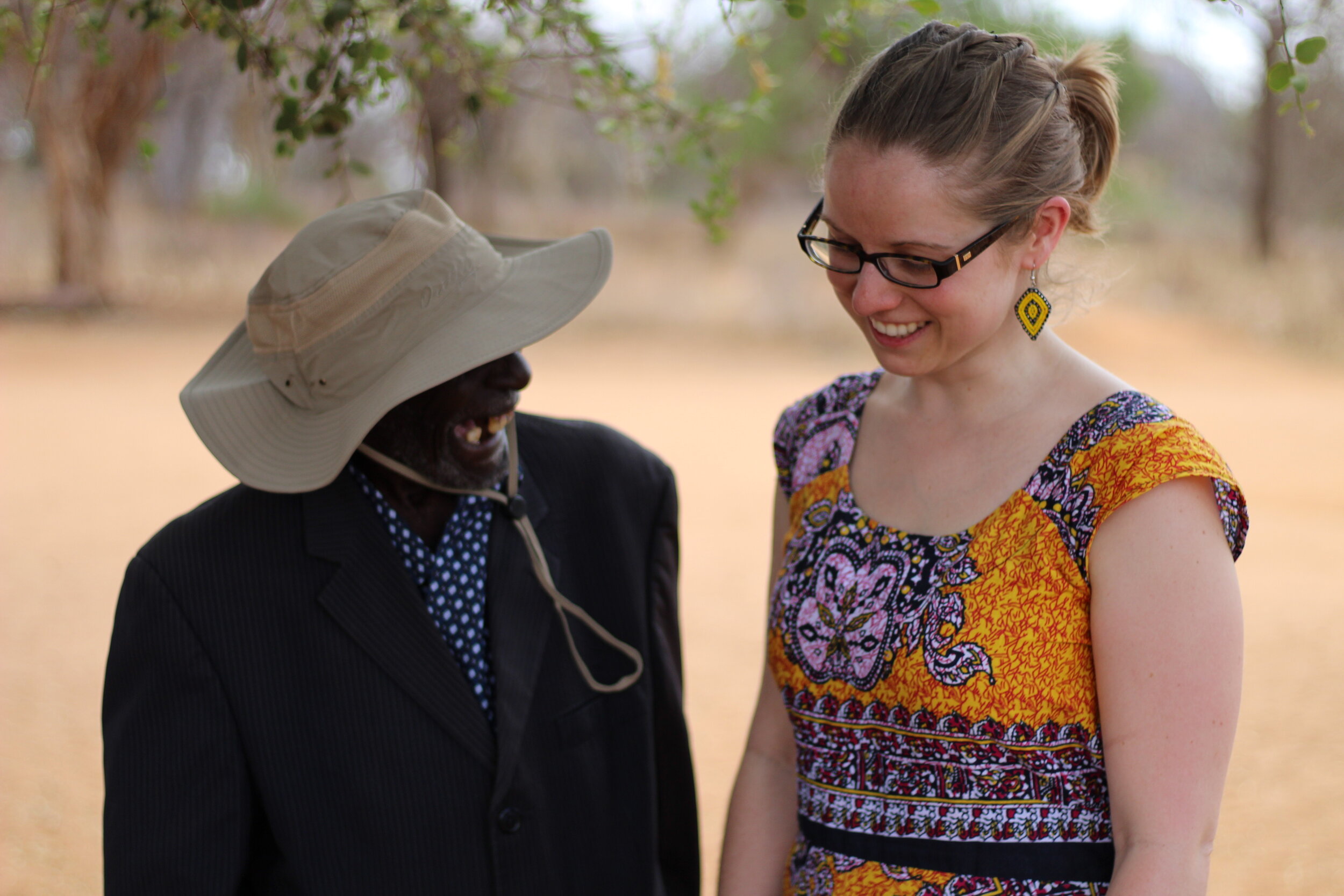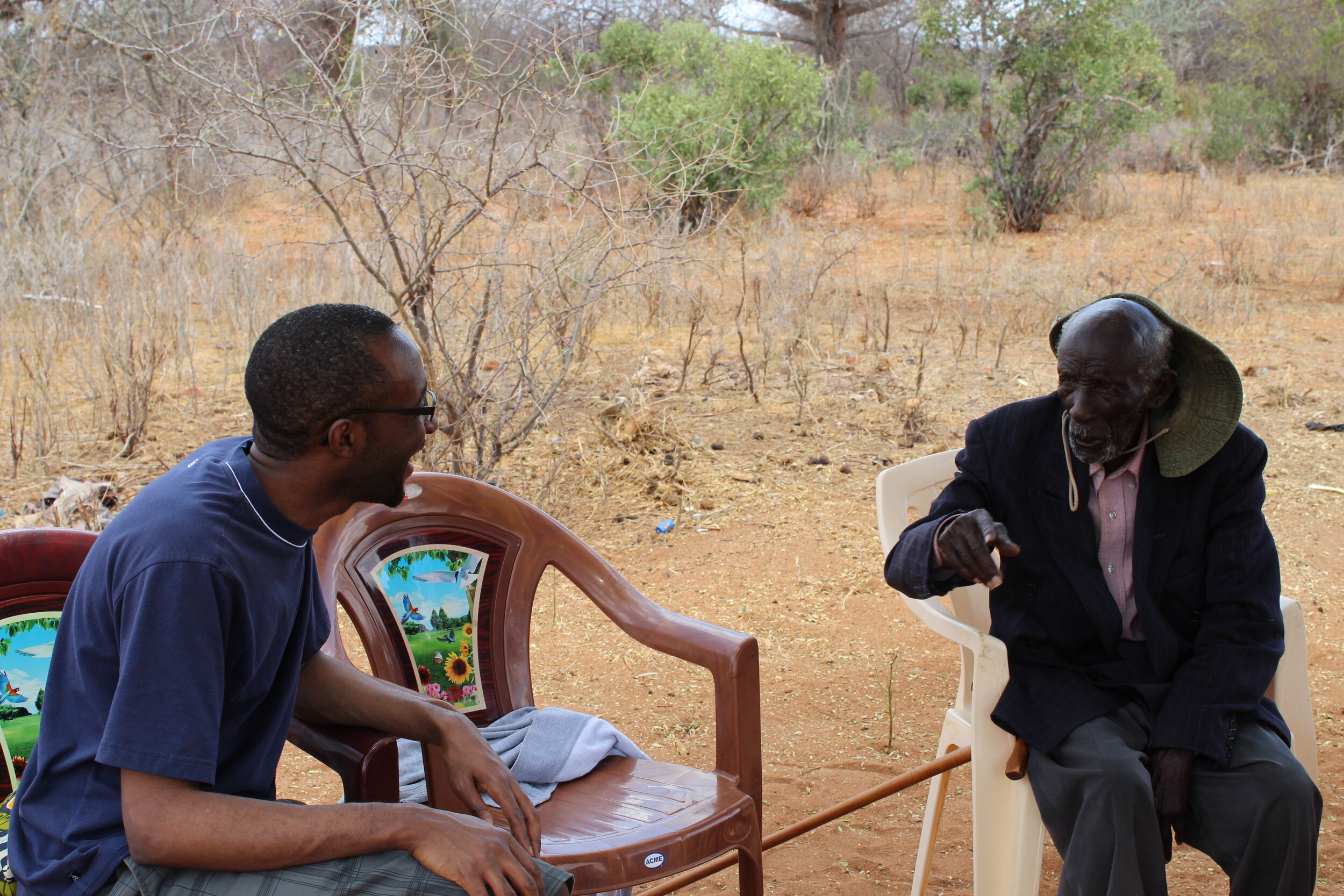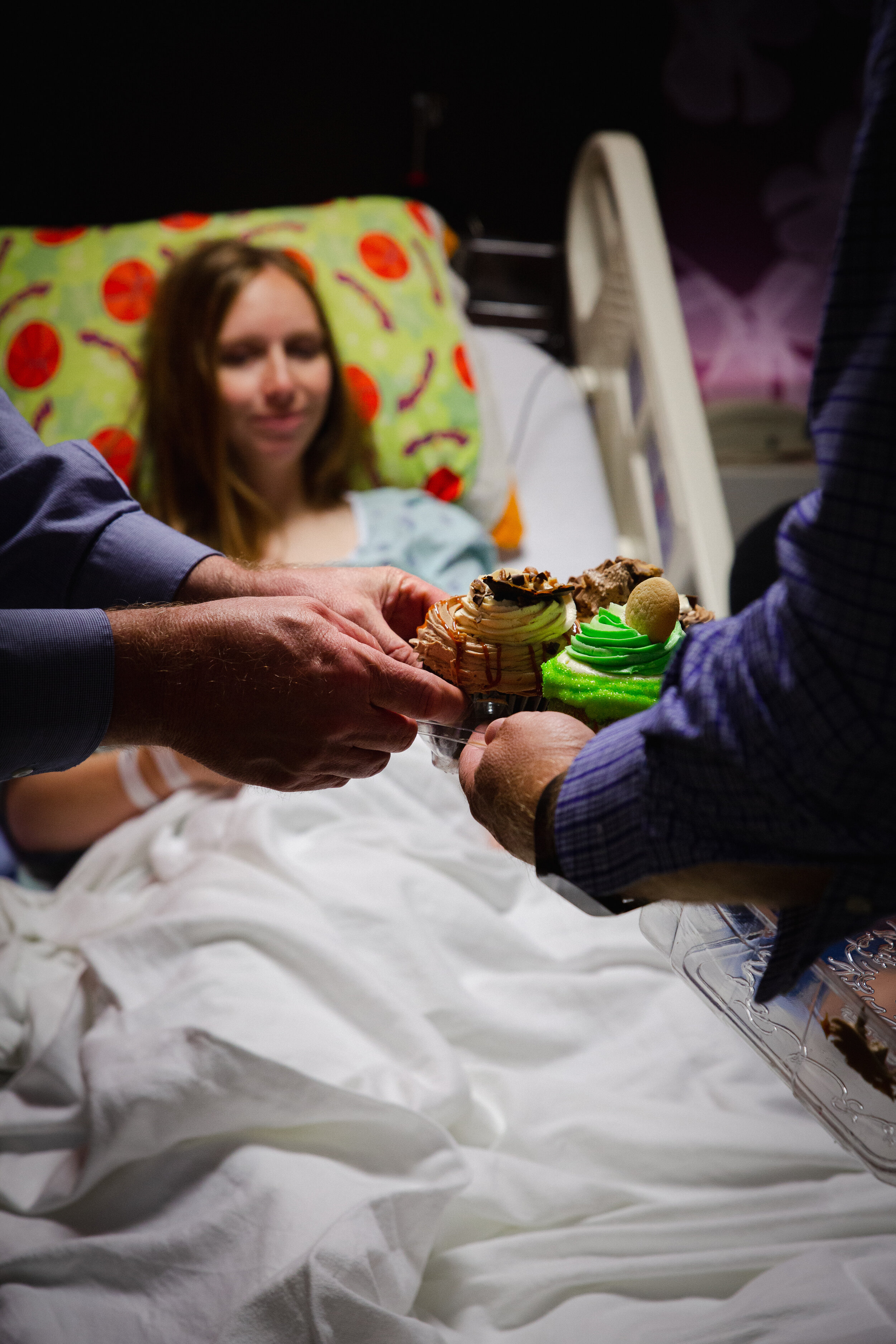A few days ago my husband and I received a text message that his grandfather had passed away. My husband just kept stiffly staring at the message, only moving his fingers occasionally to wake up the screen each time it went dark. I went into the living room, sat on the couch, and thought to myself, “The man who named me Kavilali died.” Tears welled in my eyes as I began silently weeping for a man I spent less than two hours with on a scorching day in rural Kenya.
The name of my business can be perplexing for most people who see or hear it the first time. Pronounced “kah-vee-lah-lee”, it is a word from the East African tribal language, Kamba. Kavilali means “something precious and valuable in a small package.” I named my business Kavilali to remind me of my vision, to photograph babies and families so I can help tell stories of what others find precious and valuable in their lives.
My husband, Karl, a native of Kenya who immigrated to the U.S. twelve years ago, is from the Kamba tribe. When word made it to Africa that Karl was in a serious relationship, his grandfather was filled in on the gossip and handed a phone displaying my picture. It was after this brief introduction that he gave me the Kamba name Kavilali.
Karl’s grandfather lived his entire life in a remote village of the semi-arid region of Eastern Kenya. He lived well over 100 years, but no one knows exactly his age because they did not keep birth records in his village until several decades after his birth. In his lifetime world wars were fought, technology blossomed around the globe, air travel made world exploration more accessible, Nairobi became more westernized, and native Africans regained control of Kenya’s government.
Mzee Mumbu, however, lived a simple life with only intermittent access to electricity, running water, and technology. He survived droughts and famine. He survived hostile visits from Somali drifters. Most notably, Karl’s grandfather was among the first to follow Jesus when foreign missionaries brought the Word of God to his community, and he was among four men who were influential in the formation of the African Evangelical Presbyterian Church. He became a pastor, and he shared his faith with his son-in-law (my father-in-law). My father-in-law also became a pastor, and he raised his children to fear the Lord.
It is Karl’s grandfather who introduced his family to Jesus, passing down his faith through the generations, and it is Jesus who gave my Kenyan husband enough common ground with me to marry his spoiled white American wife. Karl’s grandfather passed down to Karl the most potent tool in the world for our cross-cultural marriage: the reconciling power of the Gospel.
Three years after he named me Kavilali, I finally had the opportunity to meet Karl’s grandfather. After hours of driving in an unairconditioned car during one of the hottest days of the year, we pulled up to Karl’s childhood home in rural Kenya. Under the shade of the large tree that sits on his family’s homestead, Karl’s grandpa sat in his collared shirt, sport coat, and bucket hat. He laughed and joked with us, teasing us and charming me with his larger-than-life personality.
Several times Mumbu reached out his hand to me as if he wanted a handshake. I would reach my hand out to him, and his hand would swiftly make circles in the air around my hand. Then he would point behind me and say, “Look, Jesus!” He prayed for Karl and for me, for our marriage and for my health. At one point he stood up and led the small group of family and friends in spontaneous worship, singing a traditional American hymn translated to his native language. He sang, waved his arms to direct the group, and danced in rhythmic circles with a huge grin on his face.
In the brief time I spent with Karl’s grandpa before getting back in the car to return to Nairobi, I could not get over how joyful this man was. He continuously had that big smile, and he bellowed practically every word he spoke. I only encounter people overflowing with so much joy when I’m in the presence of someone whose hope is in something beyond this world. This man had a long, hard life. However, because of his faith he was constantly living as if his cup were overflowing, and out of that overflow he shared about the love of God with anyone who would listen.
Right now my husband is in Kenya with his family, celebrating his grandfather’s long and well-lived life. Death is always hard, but the painful blow is eased when we consider the joy he carried with him to the end of his life and his unashamed love for Jesus which has now been fully realized in heaven. He left quite the legacy, and we rejoice as we grieve.
Not only did he give my business a name, but my husband’s grandfather gave me a more defined sense of purpose in my photography and my writing. Although he lived a small life in a quiet corner of the world, the impact of his faithfulness reached across the globe to another continent. For this, I will be forever grateful to the man who named me Kavilali.
“For God, who said, ‘Let light shine out of darkness,’ made his light shine in our hearts to give us the light of the knowledge of the glory of God in the face of Christ. But we have this treasure in jars of clay to show that this all-surpassing power is from God and not from us.” 2 Corinthians 4:6-7
Sarah Katumu is a photographer in St. Louis, Missouri. Kavilali Photography specializes in maternity, birth, and newborn photography. Sarah loves telling stories through the written word and lifestyle photography.
















































